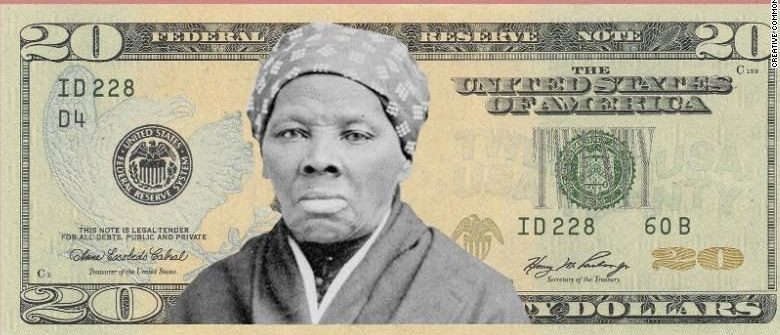Abolitionist Harriet Tubman will now appear on the US 20 dollar bill. Treasury Secretary Jack Lew announced the changes on Wednesday.
The US Treasury Secretary said women have been absent from US currency for too long.
Tubman was born into slavery and escaped in 1849 to return to the South and help hundreds of others to freedom on the underground railroad.
Secretary Lew said Tubman was “not just a historical figure but a role model for leadership and participation in our democracy. Her incredible story of courage and commitment to equality embodies the ideals of democracy that our nation celebrates.”
In a press conference, Lew stated that women “for too long have been absent from our currency.”
Factors such as who would represent the historical achievements of women and minorities in America were considered in the redesign of the note.
About the decision to choose Tubman, Lew stated in a letter shared on blog site Medium, “You shared your thoughts about her life and her works and how they changed our nation and represented our most cherished values.”
Ellen Feingold, the curator of the National Numismatic Collect at the Smithsonian’s National Museum of American History said, “This is the first time that Americans have had a big national conversation about what our banknotes look like. The fact that women’s history is being included and honoured on American banknotes is a huge shift, a huge moment.”
While many have celebrated the overdue change, others are questioning whether Tubman herself would have wanted to appear on currency. The argument can be seen in writer Feminista Jones’ essay that has gone viral.
“Harriet Tubman did not fight for capitalism, free trade, or competitive markets,” Jones writes. “She repeatedly put herself in the line of fire to free people who were treated as currency themselves. She risked her life to ensure that enslaved black people would know they were worth more than the blood money that exchanged hands to buy and sell them. I do not believe Tubman, who died impoverished in 1913, would accept the ‘honor.’”
Clara Small, a retired history professor at Salisbury University in Maryland, said that adding Tubman to US currency “gives hope that maybe women will be accepted as equals.”
